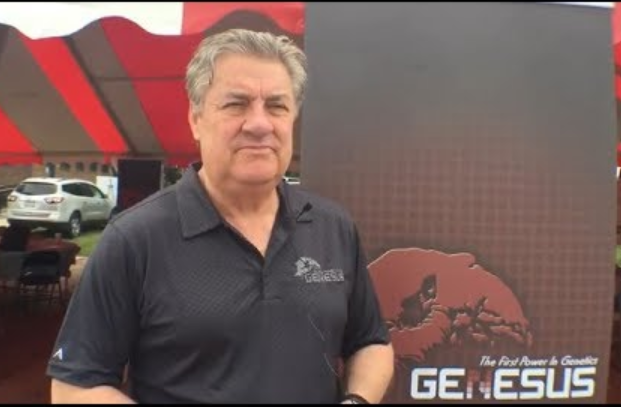



Jim Long Pork Commentary: US hog slaughter numbers remain strong
The US Packing Industry continues to ramp up slaughter numbers. Last week 2,664,000 up almost 200,000 head from the same week a year ago. We have to commend the Packers for adjusting to Coronavirus challenge and getting hog slaughter numbers up significantly.One of the issues spoken more than once at National Pork Industry Conference (NPIC) was the pricing of market hogs in the future. Most if not all that spoke believed that current hog pricing programs need adjusting. Some touted the new plan to have pork cut-outs futures on the Chicago Board of Trade. This was mostly touted by the people selling futures.
Certainly, the push from NPIC speakers was that U.S. Pork cut-outs and a percentage of such would be a reasonable option for the future. One of the speakers said long term average of hog price to cut-outs was 88%. If we use that today and Friday’s cut-out-close of 71.39 the 88% hog price would be 62.82¢ lb. National 53-54% hogs 56.10¢ lb. Most of the time in the last months an 88% cut out to hog price spread has been lower and a detriment to producers.
For hog producers, whatever we are doing for hog pricing has not been working very well. From what we can see looking at hog prices throughout the world USA-Canada have the lowest global hog prices and worst financial situation. We as an industry must ask why? What needs to be changed? Is it just too many hogs? Coronavirus?
One Packer asked us in January “If the industry is hurting so bad, why is their expansion?” - good and fair question. Since then we believe expansion has stopped. There are next to no new sow units being built in the USA; there is liquidation of the sow herd - we believe at least 250,000 is gone and/or is ongoing. The marketplace is adjusting, but still, we ask why does USA-Canada have the lowest prices in the world?
NPIC
At NPIC Nick Giordano Vice President of the National Pork Producers Council (NPPC) spoke on current legislation for Gene-Editing (GMO).
As he explained current US Gene-Editing (GMO) oversight is by the United States Food and Drug Administration (FDA). Mr Giordano explained that currently Swine for Gene Editing is classified as “Living Animal Drug” and a Hog Farm using such would be considered a “drug manufacturing facility”.
The European Union (EU) has classified Gene-Editing as Genetic Modified Organism (GMO) and have effectively made it illegal.
Mr. Giordano didn’t mention the EU part but he said Argentina, Brazil and China were working on Gene Editing. Not sure where Argentina comes in re Gene Editing (GMO) as they have very few hogs and no swine genetic companies. Brazil? China probably as PIC has signed a cooperation agreement with a company there, after the EU ruling.
PIC has invested millions of dollars in trying to get a GMO pig to market. They probably don’t appreciate Mr. Giordano explaining that today it's classified as a “Living Animal Drug”. What we can figure when they tout to customers the opportunity to being first in line to get PIC’s GMO pig they aren’t mentioning “Living Animal Drug” or your farm becoming “a drug manufacturing facility”, sounds like fun.
Wonder which Retail Chain and or Foodservice will want to be first to sell Living Animal Drug - GMO Pork. Animal Welfare Groups would make a fortune fundraising on this. Sounds like suicide consumer marketing for all Pork producers. We appreciate Mr. Giordano’s frank and legal description (he’s a lawyer) of the reality of the Gene Editing (GMO) as he recognised the challenge to “Consumer Acceptance”. It’s good to see the money invested in NPPC is pointing out the perils of technology that could damage our industry and crush Pork consumption.
The best option for our industry could be to embrace new vaccine technology, not GMO. Will not be negative to consumers, retailers, foodservice, and exports. We need to do everything to increase Pork demand we don’t need impediments in place that encumber this quest. We need to use smart options.
In Feedstuffs a report that University of Connecticut assistant professor of animal science Young Tan and professor of pathology and veterinary science have now identified compounds that successfully use a vaccine to block the PRRS Virus. You can read the entire article here https://www.feedstuffs.com/nutrition-health/compound-blocks-prrs-virus-identified










